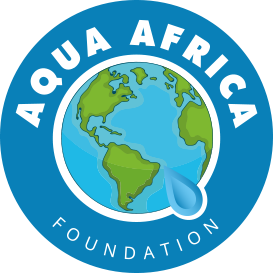What scientists say about nitrate in tap water: The situation in Greece
Nitrate is a compound that naturally occurs and has many human-made sources. Nitrate can be found in some lakes, rivers, and groundwater. You cannot taste, smell, or see nitrate in water. Consuming too much nitrate can be harmful—especially for babies.
Consuming too much nitrate can affect how blood carries oxygen and can cause methemoglobinemia (also known as blue baby syndrome). Bottle-fed babies under six months old are at the highest risk of getting methemoglobinemia. Methemoglobinemia can cause the skin to turn a bluish color and can result in serious illness or death. Other symptoms connected to methemoglobinemia include decreased blood pressure, increased heart rate, headaches, stomach cramps, and vomiting.
People also risk developing nitrate-induced methemoglobinemia: anemia, cardiovascular disease, lung disease, sepsis, glucose-6-phosphate-dehydrogenase deficiency, and other metabolic problems.
Scientific evidence emerged to assess the health impacts of drinking water with high nitrate on adults. A growing body of literature indicates potential associations between nitrate/nitrite exposure and other health effects such as increased heart rate, nausea, headaches, and abdominal cramps. Some studies also suggest an increased risk of cancer, especially gastric cancer, associated with dietary nitrate/nitrite exposure, but there is not yet scientific consensus on this question.
How much nitrate is safe for human consumption?
The U.S. Environmental Protection Agency (EPA) standard for nitrate in drinking water is 10 milligrams of nitrate (measured as nitrogen) per liter of drinking water (mg/L).* Drinking water with levels of nitrate at or below 10 mg/L is considered safe for everyone.
*One milligram per liter (mg/L) is roughly the same as 1 part per million.
Are there nitrates in tap water?
In most countries, public water systems regularly test for nitrate and ensure levels meet the global standards. The data obtained for drinking water in a number of areas of Greece alone not good. According to the data from the Association of Municipal Water Supply and Sewerage Companies (EDEYA), but also the local DEYA, which are available on the internet, in at least three areas of the country, there is a limit of 50 mg / L.
Nitrate pollution comes from the excessive use of fertilizers and is internationally reported as one of the biggest problems of water pollution, with a real danger to the human body, especially for pregnant women, infants, and young children.
How can you protect yourself from dangerous substances found in water?
Examining your tap water and getting a water cleaning system that will not only filter chlorine but all the dangerous substances that may be in the water will help you avoid such substances.
source: https://www.health.state.mn.us/communities/environment/water/contaminants/nitrate.html#Protect


